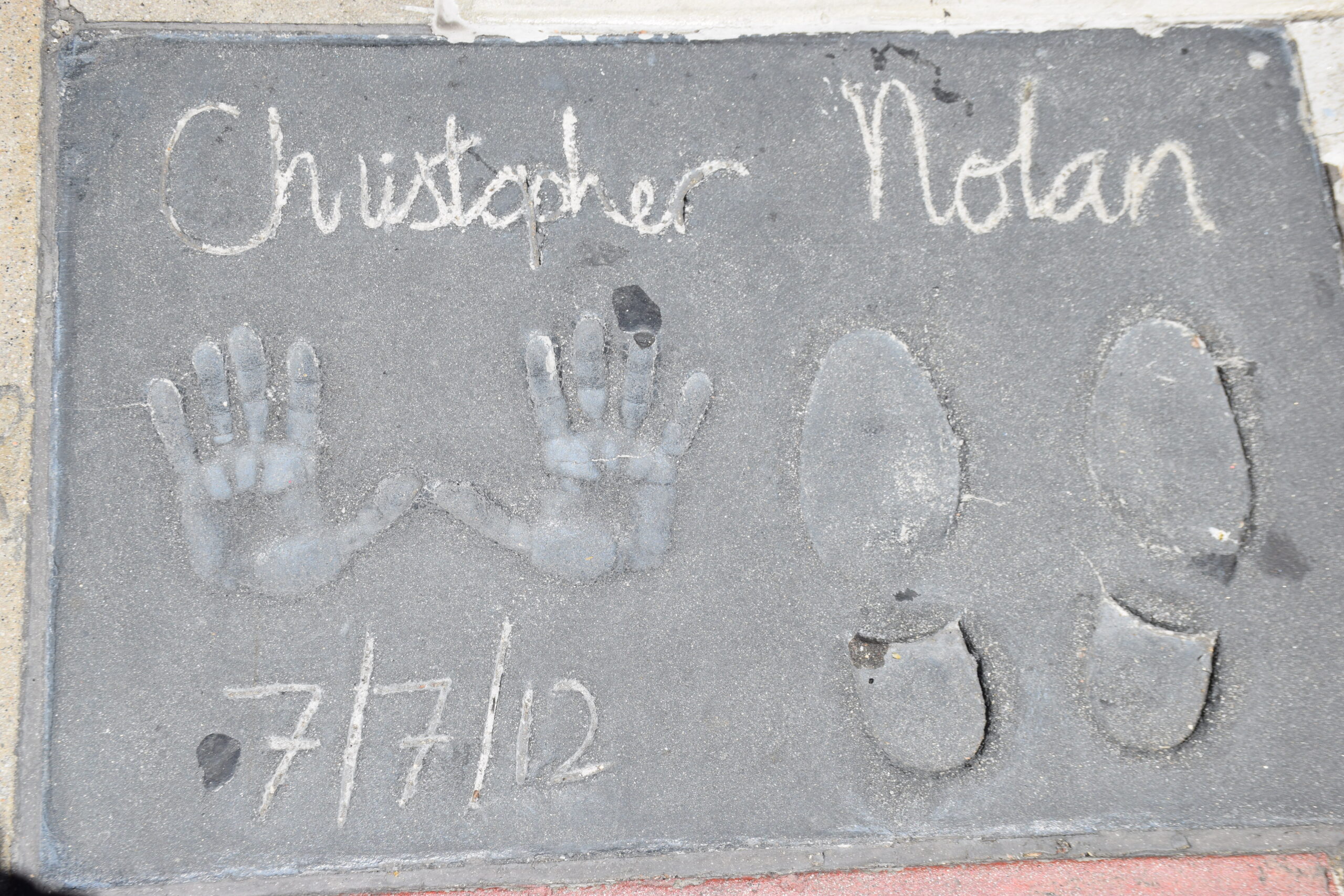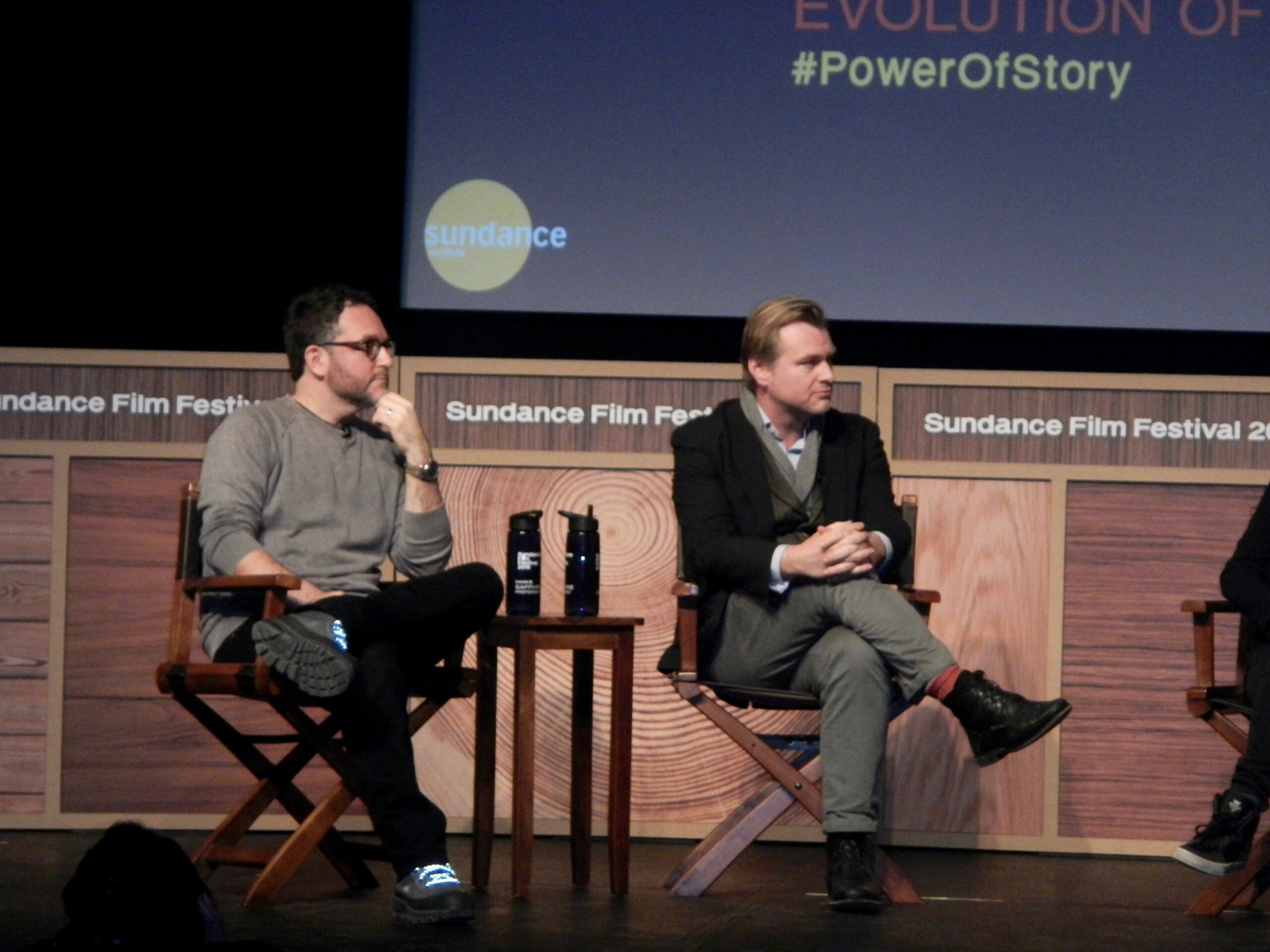Christopher Nolan, a name synonymous with innovative and mind-bending cinema, has carved a niche in the world of filmmaking. Born on July 30, 1970, in London, England, Nolan has dual citizenship in the United Kingdom and the United States. His journey from a passionate filmmaker in his youth to one of the most influential directors of the 21st century is a tale of creativity, persistence, and vision.
Key Takeaways
- Innovative Storytelling: Nolan’s films are known for their complex, non-linear narratives and deep philosophical themes.
- Technical Mastery: He favors practical effects and large-format photography, contributing to the distinctive visual style of his films.
- Cultural Impact: Nolan’s films, especially his take on the Batman franchise, have had a significant impact on both cinema and popular culture.
- Critical and Commercial Success: His works have received widespread acclaim and have performed exceptionally well at the box office.
- Legacy: Nolan has inspired a new generation of filmmakers and continues to be a significant figure in modern cinema.
Early Years: Foundations of a Filmmaker
Childhood and Education
Christopher Edward Nolan‘s story begins in Westminster, London. His father, Brendan James Nolan, was a British advertising executive, and his mother, Christina Jensen, an American flight attendant. Raised in a Catholic family alongside his brothers, Nolan’s early years were split between London and Evanston, Illinois. This bicultural upbringing infused him with a unique perspective that later echoed in his cinematic works.
Nolan’s passion for filmmaking was evident from a young age. He began experimenting with his father’s Super 8 camera, creating short films that showcased his growing storytelling abilities. His early influences included the works of Ridley Scott and seminal science fiction films like “2001: A Space Odyssey” and “Star Wars.”

Academic Pursuits
Nolan’s academic journey played a crucial role in shaping his filmmaking style. He attended Haileybury and Imperial Service College, followed by a degree in English Literature at University College London (UCL). UCL’s rich filmmaking resources, such as 16mm film cameras and a Steenbeck editing suite, provided Nolan with the technical tools to craft his early works. As president of the Union’s Film Society, he honed his skills and laid the groundwork for his future successes.
Breakthrough in the Film Industry
Early Career and Challenges
Post-graduation, Christopher Nolan embarked on his professional journey, facing the typical challenges of a fledgling filmmaker. He worked various roles, including script reading and directing corporate films, while experimenting with short film formats. His early shorts, such as “Larceny” (1996) and “Doodlebug” (1997), though made with limited resources, displayed Nolan’s flair for storytelling and visual narrative.
The Leap with ‘Following’
Nolan’s feature film debut, “Following” (1998), marked a significant milestone. The film, made on a shoestring budget with friends and family, captured the attention of the independent film circuit. Its non-linear narrative and noir aesthetic were early indicators of Nolan’s distinctive style.
Rise to Prominence
‘Memento’: The Turning Point
The release of “Memento” (2000) was a turning point in Nolan’s career. The film’s reverse-chronological narrative and exploration of memory and identity resonated with audiences and critics alike. It earned Nolan international acclaim and several award nominations, setting the stage for his foray into larger, studio-backed projects.
Transition to Mainstream Cinema
Nolan’s transition to mainstream cinema was marked by “Insomnia” (2002), showcasing his ability to work within the Hollywood system while maintaining his artistic integrity. This was followed by the highly acclaimed “The Dark Knight Trilogy,” beginning with “Batman Begins” (2005). These films not only redefined superhero cinema but also established Nolan as a master of blending deep philosophical themes with blockbuster aesthetics.

Nolan’s Signature Style
Themes and Techniques
Christopher Nolan’s films are known for their complex narratives, exploration of time and memory, and philosophical underpinnings. His approach often involves practical effects over CGI, innovative soundscapes, and large-format film photography. Nolan’s collaboration with his brother Jonathan on several scripts, including “Inception” (2010) and “Interstellar” (2014), further highlights his penchant for intellectually stimulating and visually spectacular cinema.
Accolades and Influence
Nolan’s contribution to cinema has been recognized with numerous awards and nominations. His films have not only been commercial successes but also critically lauded for their originality and depth. “Dunkirk” (2017) and “Tenet” (2020) continued this trend, with the former earning him his first Oscar nomination for Best Director.
Conclusion: Nolan’s Enduring Legacy
Christopher Nolan’s journey from an aspiring filmmaker to a celebrated director is a testament to his visionary approach and commitment to the art of cinema. His films, transcending conventional storytelling, invite audiences to explore complex themes and question their perceptions of reality. As Nolan continues to push the boundaries of filmmaking, his legacy remains an inspiration for future generations of storytellers.
Christopher Nolan’s cinematic journey is a blend of artistic integrity and commercial appeal, making him one of the most influential filmmakers of our time. His enduring legacy is a testament to the power of visionary storytelling and technical prowess in the world of cinema.
